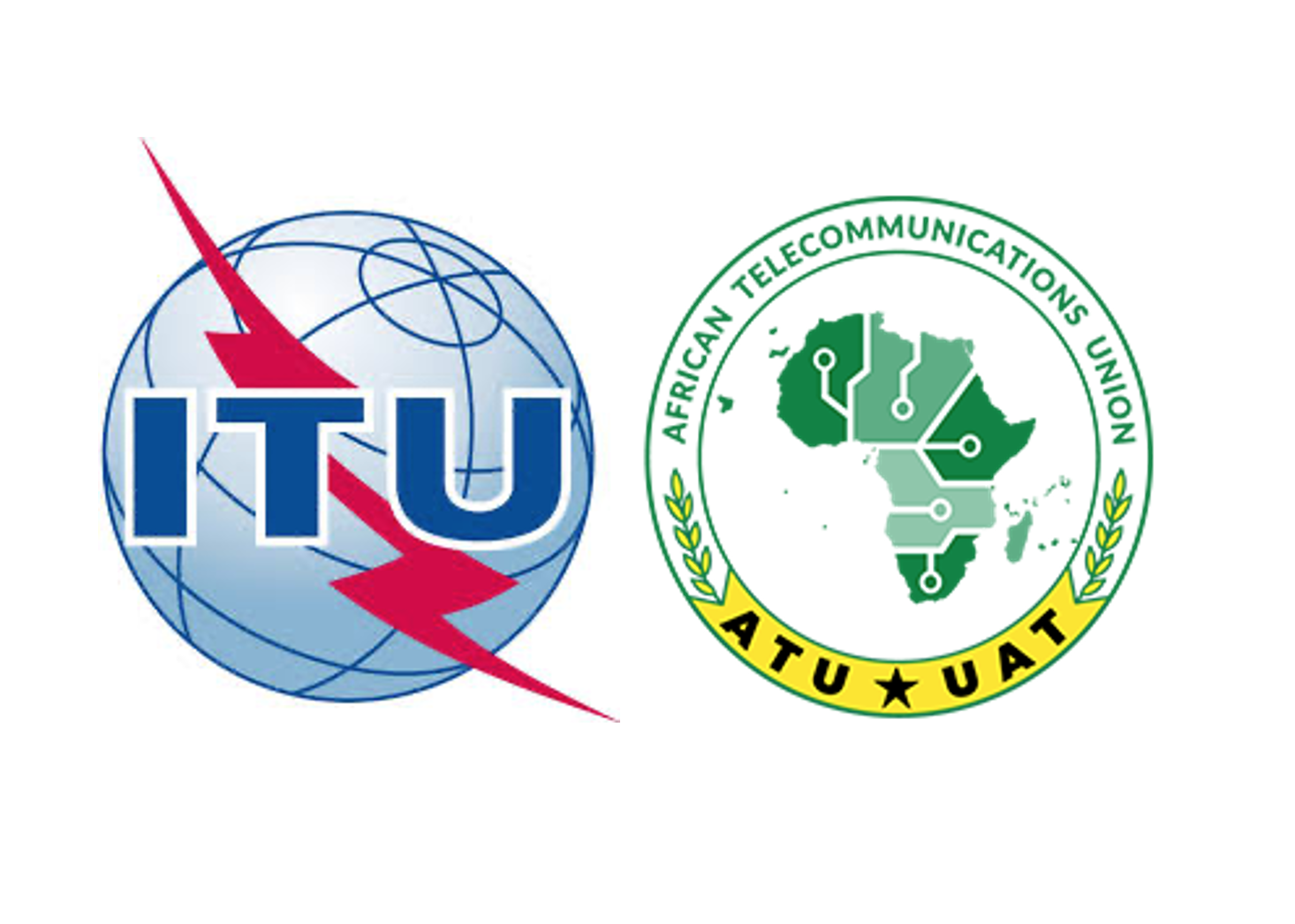Experts’ observations have revealed Africa lagging behind other continents on the quality of radio signals, but improvements are bring planned.
The International Telecommunication Union (ITU), in partnership with the African Telecommunication Union (ATU), has stepped in for the ‘advancement’ of the continent’s broadcast sector.
From 15 to 19 February, 2021, ITU and ATU convened a Virtual ‘frequency planning and coordination’ meeting that dwelled on regulatory and technical support to Africa’s broadcast sector through ITU’s Radiocommunication Bureau.
Over 200 delegates from 49 Member States of the ITU participated in the meeting.
The equitable and efficient use of the 8.75-108 MHz (FM) band, a component of the joint GE84 Optimization Project of ITU, was the main subject for discussion at the meeting.
“The project strives to ensure compatibility among existing and new broadcasting frequency assignments, facilitating the eventual introduction of digital sound broadcasting in Africa,” states an ITU article on the meeting.
According to the article, ITU’s Secretary-General, Houlin Zhao, declared during the meeting: “Working together to improve access to technology—including established media link broadcast radio—is at the heart of our mission to connect the world. Radio is a low-cost medium, well suited to reach remote communities and vulnerable people. It is especially vital in times of disasters and emergencies.”
ATU’s Secretary-General, John Omo, said: “Today in Africa, radio is a vital communication medium, delivering information and educational contents with immense socio-economic value, particularly in rural areas. In many (African) countries, however, the growth and reach of FM radio is hampered by the limited number of FM frequencies.”
The project— equitable and efficient use of the 8.75-108 MHz (FM) band— is scheduled for completion in 2022, but ITU and ATU plan to hold two more frequency-coordination meetings before the completion that will help all African countries improve their broadcast signals.
Reporter: Samuel G. Dweh
[email protected]

